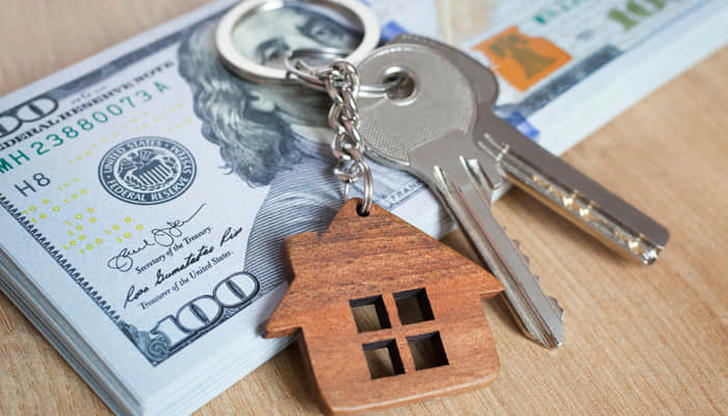Zero-Down Payment Home Loans: Are They Worth It?

Have you ever looked at home prices and thought, “How am I ever going to come up with a down payment?” You’re not alone. For many first-time buyers, the down payment is the biggest hurdle standing between them and homeownership.
But what if you could buy a home without putting any money down? That’s where zero-down payment home loans come in—and yes, they’re real. But are they the right move for you? Let’s break it down.
What Is a Zero-Down Payment Home Loan?
A zero-down payment loan lets you finance 100% of the purchase price of a home. That means you don’t need to pay anything upfront for the property itself—no 5%, no 10%, not even 1%. These types of loans are usually offered through government-backed programs or community lenders that are designed to help more people achieve homeownership—especially those with steady income but not a lot of savings.
Who Offers These Loans?
1. VA Loans (for Veterans and Active Duty)

If you’re a veteran or active-duty military, you may qualify for a VA loan, backed by the Department of Veterans Affairs. There’s no down payment, no private mortgage insurance (PMI), and often better rates than traditional loans. It’s one of the best benefits available to those who serve.
2. USDA Loans (for Rural and Suburban Areas)
Live in a rural or less-populated area? You may qualify for a USDA loan, which also requires no down payment. These are backed by the U.S. Department of Agriculture and aimed at low- to moderate-income buyers. The catch? Your income and the home’s location need to meet specific requirements.
3. Credit Union and Local Bank Programs
Some credit unions and community banks offer zero-down loans to first-time buyers or professionals like teachers, nurses, and first responders. These programs vary by location, so it’s worth checking with lenders in your area.
✅ The Pros: Why People Love Zero-Down Loans
Buy a Home Sooner
If saving for a big down payment is holding you back, a zero-down loan could get you into a home faster—sometimes even years earlier than expected.
Keep Your Cash in Hand
With no upfront payment required, you can keep your savings for moving costs, repairs, furniture, or an emergency fund.
Good Option for First-Time Buyers
These loans are especially helpful for younger buyers who haven’t had time to build up savings but have stable jobs and good credit.
⚠️ The Cons: What You Need to Watch Out For

Higher Monthly Payments Since you're borrowing more, your monthly mortgage payments will likely be higher than with a loan that includes a down payment.
More Interest Over Time With no equity upfront, you’ll pay interest on the full price of the home—meaning you could end up paying more over the life of the loan.
PMI Requirements
If you’re not using a VA loan, you’ll probably need to pay private mortgage insurance (PMI), which adds extra cost each month.
Risk of Owing More Than Your Home Is Worth
In the early years of the loan, if the housing market dips, you could end up “underwater”—owing more than your home is currently worth.
How Much Can You Expect to Pay?
While you’re skipping the down payment, zero-down doesn’t mean zero cost. You’ll still have:
Closing costs (typically 2–5% of the purchase price)
Property taxes and homeowners insurance
Monthly PMI (unless you qualify for a VA loan)
Also, interest rates for zero-down loans can sometimes be slightly higher than those for traditional loans—though this isn’t always the case.
Is It Worth It?
That really depends on your personal situation. If you’re financially stable and ready to buy a home but don’t have the savings for a down payment, a zero-down loan can be a smart move—as long as you understand the long-term cost.
On the other hand, if you’re already stretching your budget to afford the monthly payments, it might make more sense to wait, save up, and aim for a smaller mortgage.
Final Thoughts
Zero-down payment home loans have opened the door to homeownership for thousands of Americans. They’re not for everyone—but under the right circumstances, they can be a game-changer. If you’re considering this path, talk to a trusted lender or financial advisor. Ask about your options, compare rates, and make sure you understand the full picture—because buying a home is a big step, and it’s worth doing right.
